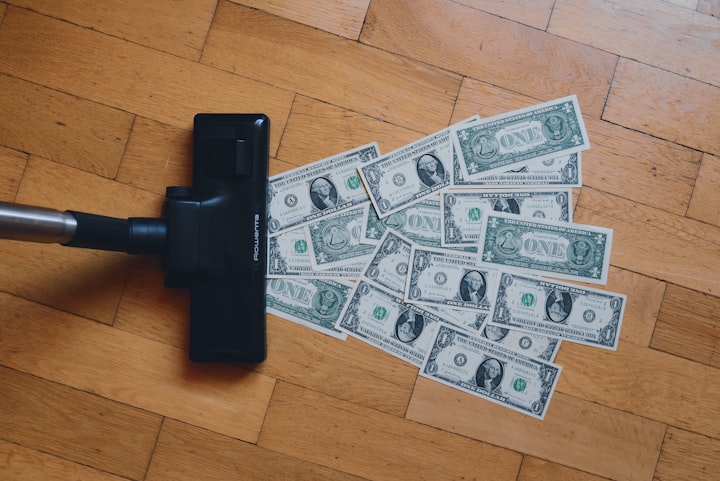Emotionally Powered Purchases
For consumers, the diminishing return of the pumpkin spice latte (PSL) is real, the fervor never lasts. Yet, Starbucks sold over 600 million of their PSL drinks since 2003, the year of inception. Consumers want what they can't have. And that's how this works. The availability of pumpkin spice products is generally limited to a short period each autumn. Would so many people rush to grab a PSL if it was available year-round?
Two economic principles are at work: "marginal analysis" and "diminishing returns." Marginal analysis is when a consumer weighs the benefits with the cost. If the benefits outweigh, the purchase is made. Diminishing returns are triggered when the benefits decrease due to increased consumption of the good.
That frothy emotional appeal of the first PSL is a real high for consumers. But with each subsequent drink, the novelty and emotion fades. And hence, the motivation for purchase crumbles. And at a certain point, for the company, the costs outweigh the benefit of selling the drink beyond the season.
Then what? Peppermint mochas.




Comments ()